The views expressed in our content reflect individual perspectives and do not represent the authoritative views of the Baha'i Faith.
Let’s suppose we lived in a world where suffering always occurred in a fair and proportional way. Suffering would never be brutal or random or seemingly unjust; it would always be proportionate and fair and justly deserved, and would always have a purpose.
In such a world, whenever we faced a calamity or a simple accident, it would be a well-deserved event, a reward or a punishment.
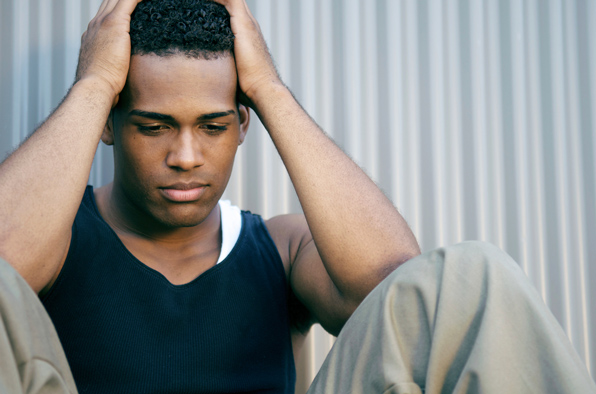 If we knew that our actions would cause an immediate consequence, who would dare to commit evil acts? Wouldn’t everyone feel constrained to commit only good deeds? If that kind of robotic, automatic reward or punishment happened in this world, could we really feel free to make moral decisions? How could we develop our moral character–our virtues–if we weren’t free to try an immoral decision occasionally, then see and learn from its consequences?
If we knew that our actions would cause an immediate consequence, who would dare to commit evil acts? Wouldn’t everyone feel constrained to commit only good deeds? If that kind of robotic, automatic reward or punishment happened in this world, could we really feel free to make moral decisions? How could we develop our moral character–our virtues–if we weren’t free to try an immoral decision occasionally, then see and learn from its consequences?
In such a world, morality would soon be replaced by a calculating, self-interested prudence, and our spiritual nature would have no space to develop. If the rewards and punishments became an immediate, proportional and visible consequence of our deeds, we would never be able to have moral options or make constructive use of adversity. Just as the muscles in our physical bodies require work and strain to develop their capacity, so our minds and souls require the moral and spiritual tests that suffering brings.
God created the universe with this self-ruling capacity, with autonomy and free will, and endowed it with stable natural laws and structure, with events and accidents both good and bad. Only in a world with such characteristics can we truly develop the moral status of a mature human being.
The contingencies of the world play their part in this divine creative process, whose purpose allows all of us living in this autonomous world to freely develop our moral and spiritual attributes. In this real world, we have to make actual decisions involving risks and opportunities; we have the freedom to do good or bad deeds; we have a real chance of success or failure.
If God constantly protected us from pain and suffering, He would need to constantly interfere in natural laws and change the course of events. It would be a flawed world. If we lived in a paradisiacal world free of pain, tension and suffering, no one could help or hurt others because there would be no imperfections, no dangers and no risk. The moral choices we face in this world give us the ability to develop spiritually.
Struggle and suffering deepen the soul. The world we live in, where we encounter problems, challenges and difficulties, has the necessary conditions to spark the spiritual development of the human condition.
The Baha’i teachings see this world as a workshop, as a place where tests and trials prepare us for the eternal spiritual existence we all will one day encounter. In a letter to a mother who lost a son, Abdu’l-Baha wrote:
O thou beloved maidservant of God, although the loss of a son is indeed heart-breaking and beyond the limits of human endurance, yet one who knoweth and understandeth is assured that the son hath not been lost but, rather, hath stepped from this world into another, and she will find him in the divine realm. That reunion shall be for eternity, while in this world separation is inevitable and bringeth with it a burning grief. – Selections from the Writings of Abdu’l-Baha, p. 171.
Abdu’l-Baha describes the loss of a child as a hardship that exceeds human endurance, far from proportional or fair. When we face terrible tragedies like this one, we experience the enormous grief that can exist in this material world. Such suffering, with its random character and its overwhelming pain, has a purpose—it plows the soil of the soul and prepares us for the eternal.
You May Also Like
Comments



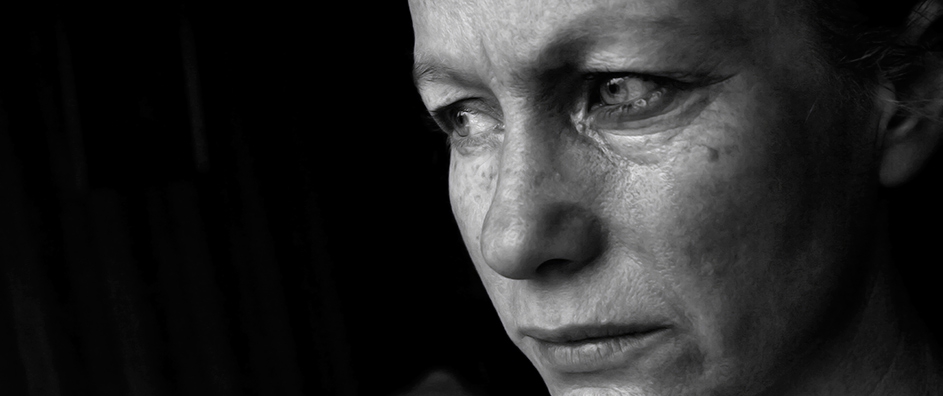
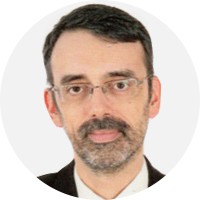
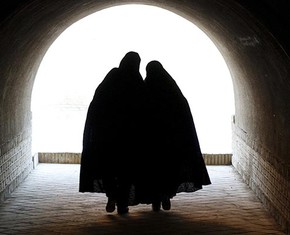
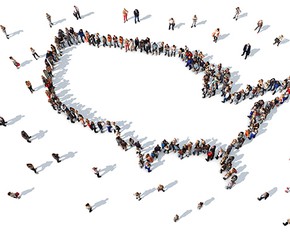
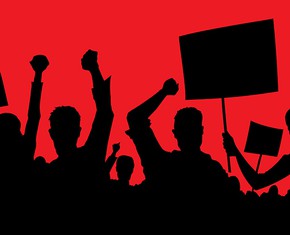









I agree with you.
In case where there is really nothing we can do for a a humble person of pure heart who suffers extreme abuse and oppression, I suppose our only gift is – as you say – “our own outpouring of unconditional love and prayer”.